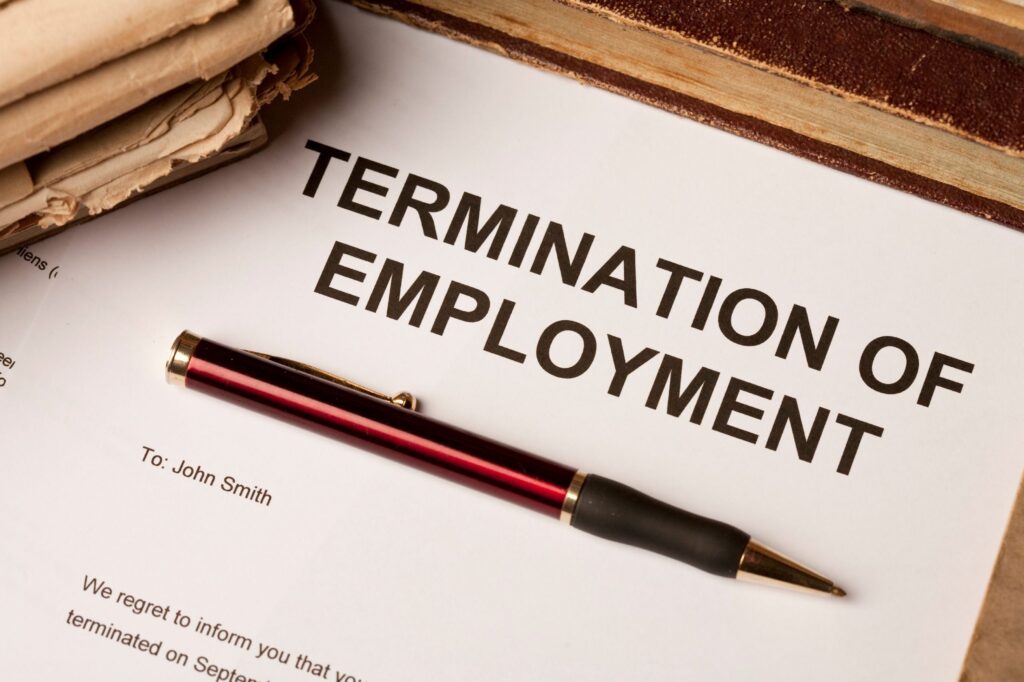Despite most businesses having reopened, COVID-19 still poses its fair share of problems for business owners. As trading conditions remain uncertain, restructuring is an option many business owners are considering.
If restructuring becomes an option for your business, there are some risks to take into account.
What is a restructure?
Restructuring, in regard to HR, describes an internal change in a business to respond to evolving circumstances. That may be the reallocation of human resources or a reduction in workforce numbers or both.
Restructuring may be necessary for two reasons:
- Internal pressures such as an aging workforce.
- External pressures such as the COVID-19 pandemic and the associated lockdown measures.
Focus on the business case
The first step is to pin down why the business needs to restructure. To do this, you must examine the reasons why the business needs to change and how the business will adapt to the evolving pressures. This could involve recruiting experienced staff, upskilling current staff, or reducing headcount in certain areas.
Redundancy risks
Redundancies may be an unavoidable aspect of a restructure. If you’re considering redundancies, it’s best to take professional advice before confirming any dismissals as employees enjoy strong protections under redundancy legislation. Furthermore, there are multiple redundancy-related risks that could lead to an unfair dismissal claim.
Constructive dismissal risk
The only way a contract of employment can be changed is through an agreement with the employee in question. An employee’s contract should never be changed without consultation or consent. If you unilaterally change the employment contract, you risk suffering an unfair or constructive dismissal claim.
Discrimination risks
As an employer, you have a legal duty to avoid discrimination under the Employment Equality Acts 1998 -2015. This is something you must bear in mind during a restructure as any decisions you take regarding the reallocation of staff or termination of employment must not favour one group of employees over another.
Prior to this process, it’s best to remind yourself of the nine grounds of discrimination. This should ensure that decisions in relation to the restructure are neither directly nor indirectly discriminatory.
Challenges post-restructure
The risks of a restructure can be felt long after the new work roles are allocated. For instance, morale among staff who continue with your business could dip if the process isn’t handled correctly.
Throughout a restructure, effective communication is crucial. It’s a stressful process so providing relevant supports to staff who leave should be part of your planning. With regards to employees who continue with your business, it’s very possible they may suffer from “survivor” guilt.
Need our help?
If you would like further complimentary advice on the restructuring from an expert, our advisors are ready to take your call. Call us on 01 886 0350 or request a callback here.








